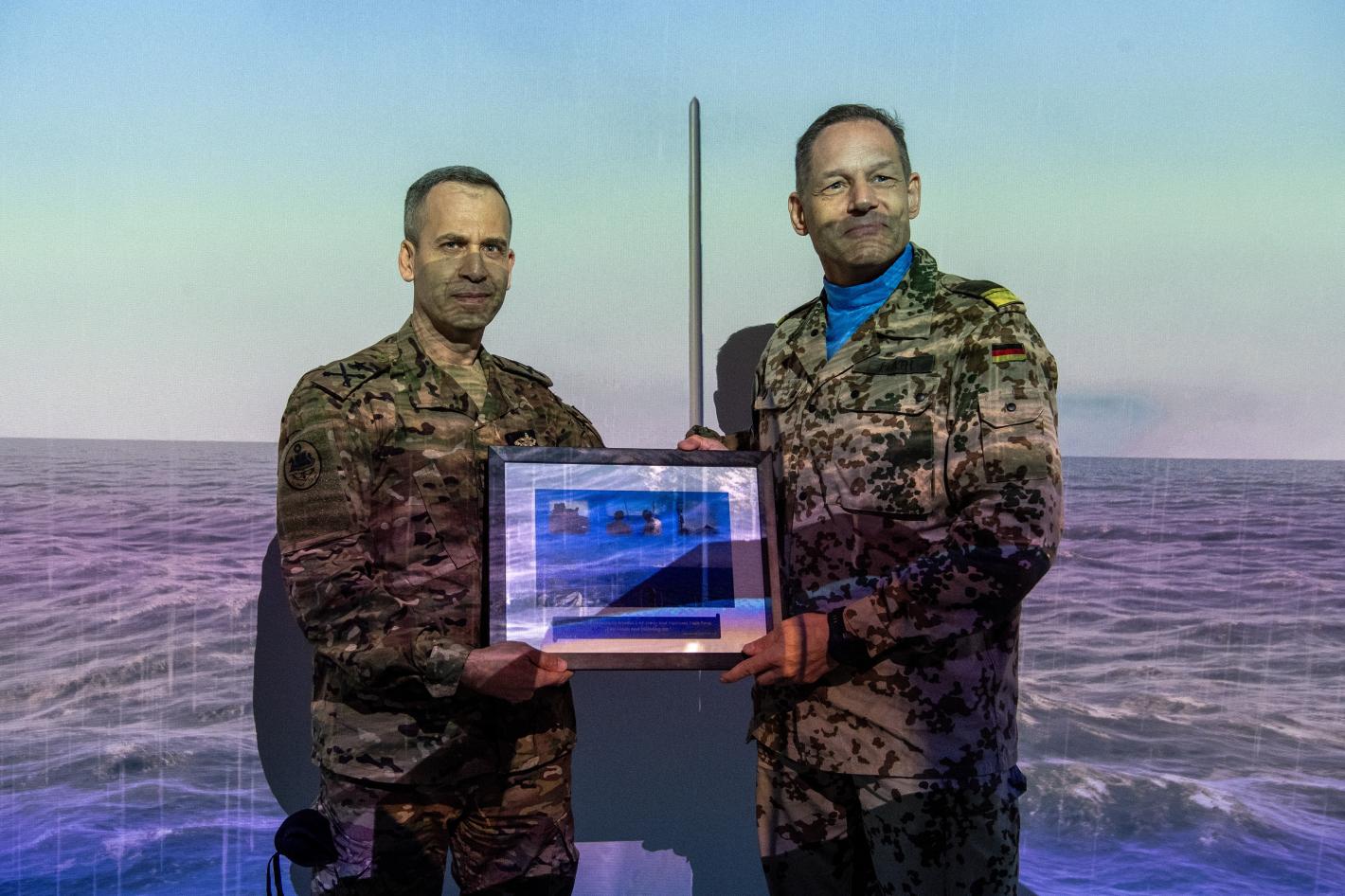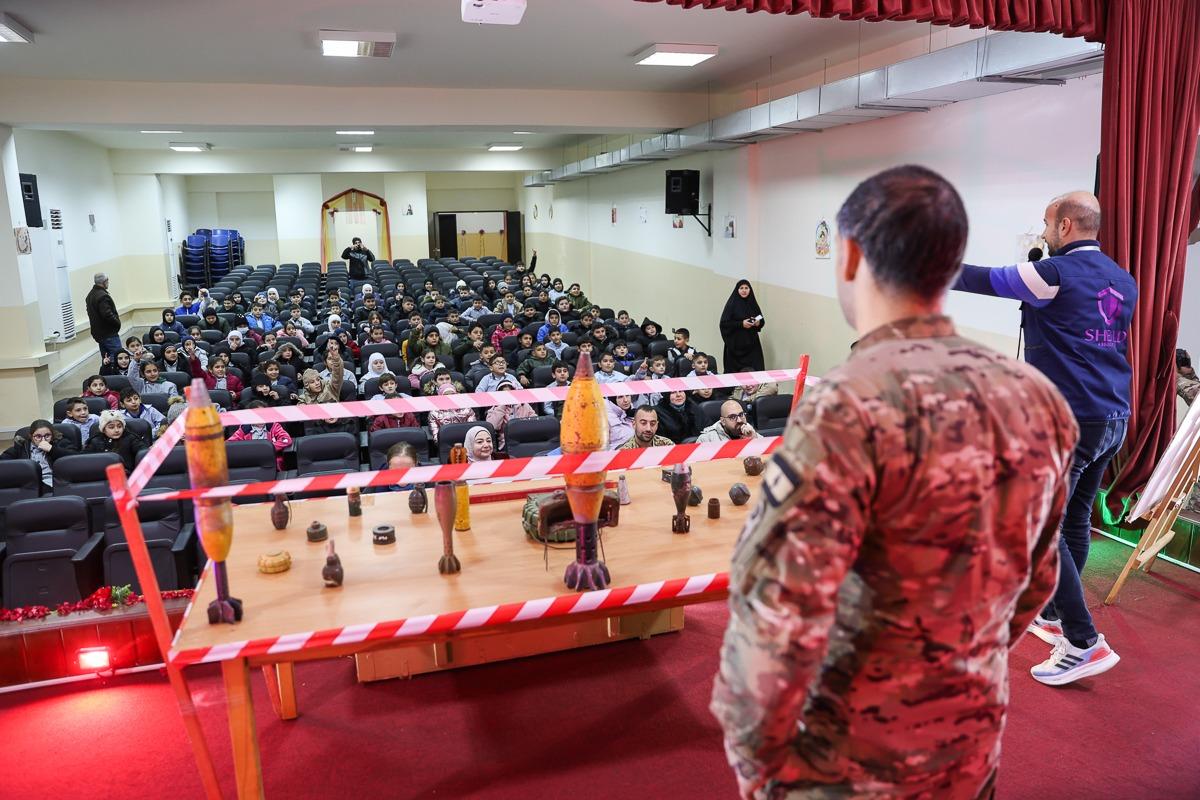Last week, the Civil Defense Risala and UNIFIL’s Malaysian Contingent conducted a joint firefighting and emergency first aid training session.
Thirty-six civil defense members from six south Lebanese municipalities visited UNIFIL peacekeepers to take part in this technical refresher course.
The emergency first aid session was led by the Malaysian Battalion’s senior medical officer, who presented a theoretical overview of key first aid techniques. The theoretical class was followed by a practical session focusing on emergency cardiopulmonary resuscitation and triage techniques designed to enhance the knowledge and skills of the civil defense team members.
After a theoretical class on firefighting techniques, both UNIFIL peacekeepers and civil defense members tackled real life firefighting situations. The focus was on the different kinds of fires and corresponding extinguishers, given that not all fires are the same.
For example, a class A fire is caused by combustible materials including paper, fabric, wood and other flammable solids. Class B fires are caused by flammable liquids such as paint, turpentineand petrol, while class C fires are the result of gases such asmethane, butane and hydrogen catching fire. Fires caused by metals such as potassium, aluminium or magnesium are class D fires and, in the kitchen, when cooking oil goes up in flames, itis referred to as a class F fire. And then there are also electrical fires.
To battle and extinguish all these differing kinds of fires, specific extinguishers must be used. These are foam, water, dry powder, wet chemical and carbon dioxide extinguishers and each must be used in a specific way to be efficient. We won’t get any more technical here, but the two teams did, and they applied the appropriate techniques to safely and successfully extinguish the fires set for the training session.
This joint activity is one of many training and knowledge-sharing projects that UNIFIL implements on a regular basis. It keeps both the peacekeepers and the professionals in our host communities on their toes, better trained and ready when needed.






